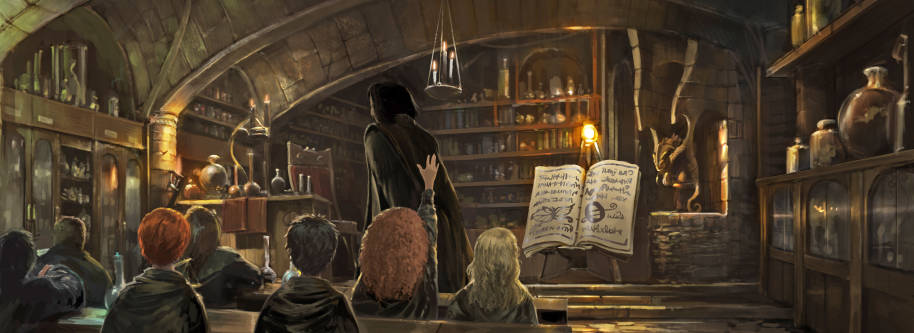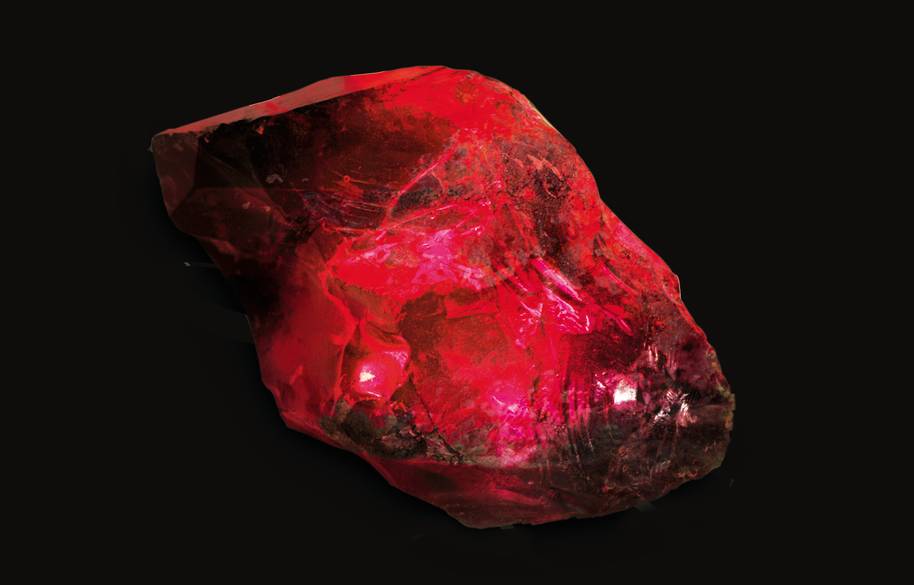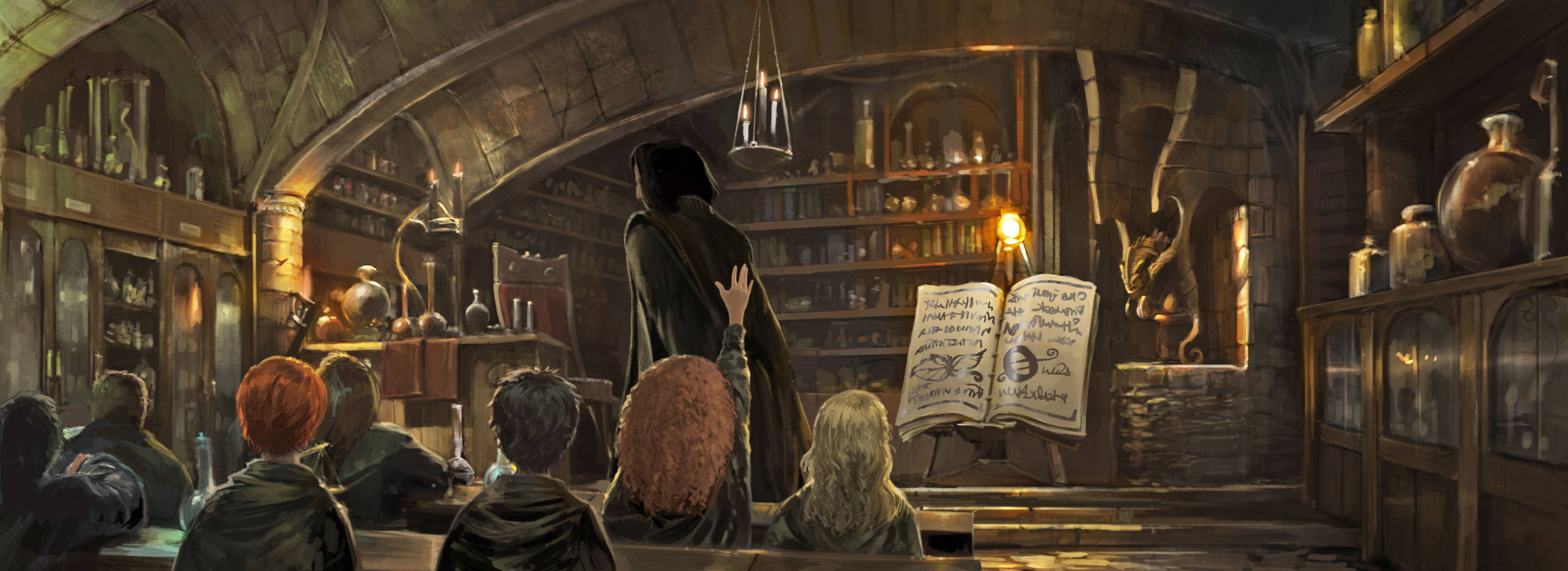
The students of Hogwarts School of Witchcraft and Wizardry were taught a rich and varied curriculum. They learned complex spells through Charms and Transfiguration; they were instructed in the art of Potions by masters such as Professor Snape and they were prepared for a tough and dangerous world via Defence Against the Dark Arts.
But those were, in a sense, the core subjects of Hogwarts: the English, maths and science of the wizarding world; the classes we’re well-acquainted with through the adventures of Harry Potter. But what of Hogwarts’ more obscure classes, the subjects we only heard about in the books or through J.K. Rowling herself? For example, what exactly goes on in...
The Study of Ancient Runes
The Study of Ancient Runes largely consisted of – wait for it – the study of ancient runes: symbols whose meanings take a considerable amount of skill and learning to decode. Although not a lot is known of the specifics of rune study, it can be presumed that this alphabet once belonged to ancient Bronze/Iron Age wizards, and the class perhaps involved a wider study of ancient wizarding culture. It was taught by Professor Bathsheda Babbling (according to an early draft by J.K. Rowling) and its most famous student – at least, to us – was the one and only Hermione Granger. She once mixed up ‘ehwaz’ (which means partnership) with ‘eihwaz’ (defence) in her Study of Ancient Runes O.W.L. exam. She still got an Outstanding, obviously.

Arithmancy
In the Muggle world, arithmancy is the practice of assigning numerical value to words for the purpose of divination. Although not much is known about the arithmancy taught at Hogwarts, it can be presumed that the wizarding world practiced the same thing. In Hermione’s words, it was ‘predicting the future with numbers’, and was her favourite subject. Taught by Professor Vector, it involved a lot of complicated homework and was a necessary subject for anyone hoping to ever work as a curse-breaker at Gringotts bank. Bill Weasley must have aced it, then.

Astronomy
The wizarding world’s study of astronomy was remarkably similar to the Muggle study of astronomy: essentially, the use of telescopes to chronicle the stars and the movement of planets. And its homework, assigned by Professor Sinistra, involved learning the names of stars, planets and moons and filling in blank star charts. Again, just like Muggle astronomy. The only difference, of course, is what wizards know that Muggles don’t. For instance, do wizards know of planets undiscovered by science? Do they know of magic beyond the stars? Or alien life, for that matter...

Muggle Studies
Arthur Weasley’s favourite subject was considered a soft option by some wizards, but it was important for anyone hoping to live or work among the Muggle community. Taught by Professor Charity Burbage, it involved the study of the daily lives of Muggles; specifically, how they wield electricity, technology and science rather than magic. According to J.K. Rowling, this study would even involve wizards using the internet – a rarity – in order to research and gain insight into Muggle lives.
In the later years of the Harry Potter series, the class’s curriculum was perverted by the regime of Lord Voldemort. Instead of teaching wizards how to understand and be tolerant of the non-magical community, it taught a different kind of Muggle Studies: that Muggles were filthy, vicious and had to be destroyed. Fortunately, with the defeat of Lord Voldemort in Harry Potter and the Deathly Hallows, this came to an end. Unfortunately, before this, Professor Burbage had also come to an end at Malfoy Manor...

Alchemy
Alchemy was so obscure that it was only offered to students in their sixth year if there was a sufficient demand for it. The class taught the disciplines of an ancient magic: the study of the four basic elements – fire, earth, water, air – and how to manipulate them for the purpose of transmutating substances. The end-goal of turning ordinary metal into silver or gold is a good illustration of this class, but it also had its roots in potion-making and chemistry. Hence the fame of Nicolas Flamel, the most famous alchemist whom ever lived, who managed to create the Elixir of Life.



